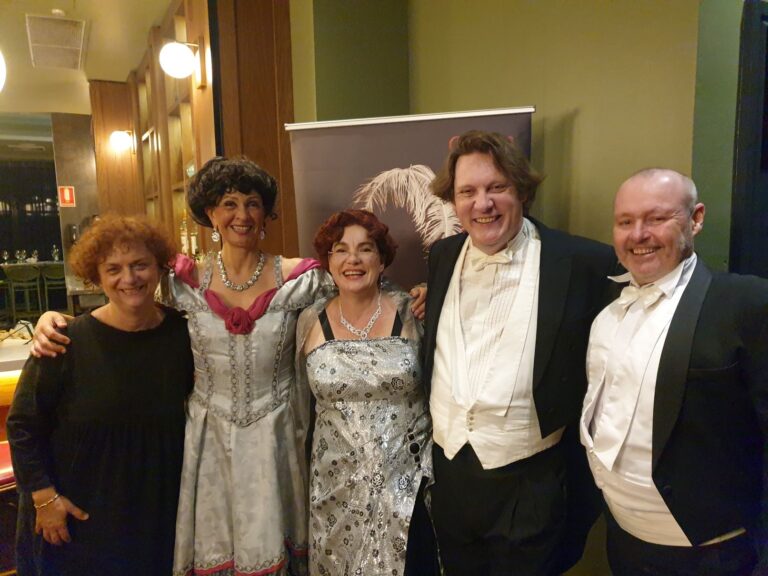
Anti-bikie gang laws: wrong and dangerous
It seems that every week the NSW Parliament passes laws that roll back civil liberties: the latest is the “anti-bikie” gang laws.
These laws allow the banning of organisations and imposition of control orders against individuals, ordering those people not to associate with a list of others. That list can be thousands of names long. Unlike the South Australian equivalent, there is no protection for political parties, so a political party or a trade union, or Greenpeace, can be banned.
I’m not saying the new law makes NSW a police state, but if NSW drifted towards a true dictatorship, this would be one of the major legal steps allowing it to do so.
Is this over the top? A trade union, the Builders Labourer’s Federation, was banned in the past. Dozens of people on the excluded persons’ list during APEC were members of the avowedly peaceful organisation Greenpeace.
And the legislation was rushed through Parliament. The government said the Crimes (Criminal Organisations Control) Act 2009 would not be passed until June but it was rushed through Parliament and passed within a single day – its introduction first announced in the Daily Telegraph.
Reading the parliamentary proceedings is chilling. In breach of normal procedure for urgent legislation, MPs did not have five days’ notice. One MP was on his feet speaking about the legislation before he had a copy of the government speech supporting it in his hands. Several MPs, even Liberal opposition leader Barry O’Farrell (an ex-copper), complained they were voting for the legislation “on trust” because there was not enough time to properly read the proposed law. Many MPs did not receive the usual briefing on important legislation, due to the lack of notice.
The “usual suspects” oppose the law: lawyers, civil libertarians, academics and journalists. The government has refused to listen, and there was no public consultation. A first offence for “associating” with a person – a phone call will do – allows for a maximum of two years’ imprisonment, with five years for subsequent offences.
Why the new law? What exactly was the problem with existing provisions? Bashing someone to death (allegedly) at Sydney airport is already illegal. Plotting with others to break the law is already illegal (law of conspiracy). And with vast surveillance, telephone and email interceptions, undercover cops and paid informers, getting intelligence on “gangs” is not difficult.
That’s not even considering the wider question: if drug dealing is the basis of bikie gangs’ criminal activity, has the war on drugs fought over the last 60 years failed?
You have heard of banning organisations and “control orders” before. The terms are directly borrowed from the anti-terrorism legislation, a step civil libertarians were afraid would happen, and the ‘over-policing law and order brigade’ said wouldn’t happen. You now face a maximum of two years in prison and a $22,000 fine for “trespassing” at the Opera House to take part in a protest, and five years’ imprisonment for refusing to cooperate with ASIO questioning, even if not suspected of an offence. Laws passed in NSW a month ago allow police to secretly search your home and not tell you about it for years – for suspected offences as minor as growing a couple of cannabis plants. And police videoing people at a political protest -regardless of how quiet, respectful and peaceful it is – is now a routine matter.
Should we trust authorities to do the right thing without proper controls? Perhaps we can ask Dr Mohammed Haneef.
Australia, especially Sydney its principal city, is becoming too authoritarian, too strict, and too oppressive. Our politicians are turning their backs on us – it’s high time we kicked them up the ass.
– BY DALE MILLS









